jǐ
self
Origin unclear. Possibly a pictograph of a silk rope, in which case would be the original form of 紀.
Evolution

Oracle script
(~1250-1000 BC)
Bronze script
Early Western Zhou (~1000 BC)
Seal script
Shuowen (~100 AD)
Clerical script
Eastern Han dynasty (25-220 AD)Regular script
ModernDefinitions
Most common words with 己
Freq. | Word | Meaning |
|---|---|---|
oneself | ||
self | ||
to know oneself | ||
ourselves | ||
not of one's own volition |
Sources
季旭昇《說文新證》p.964
